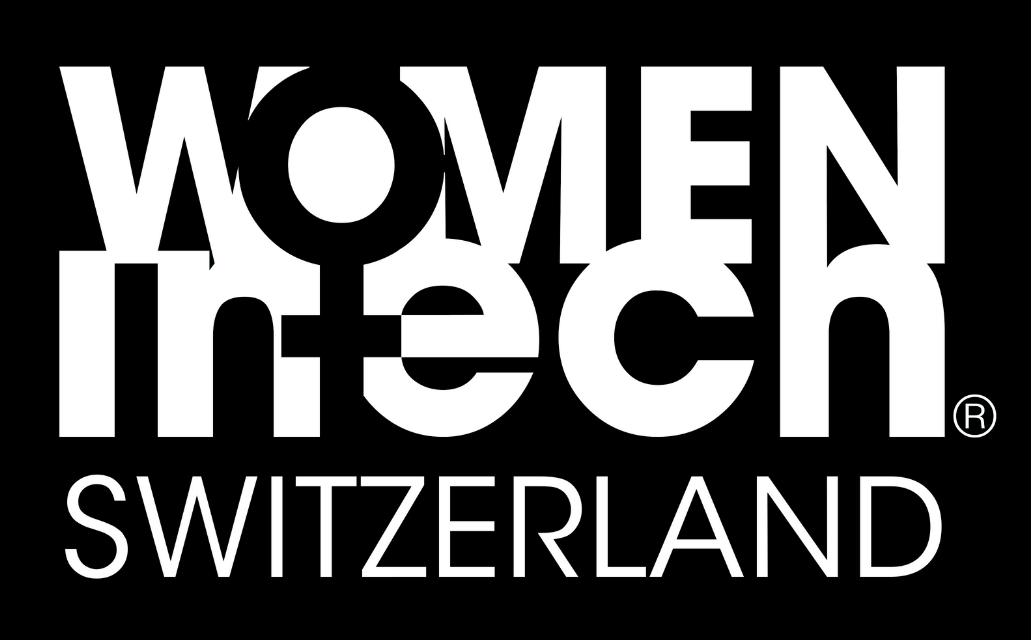It is not a surprise that when you think about oil industry, you see it as male-dominated. Oil industry has always been associated with men, especially because more men than women pursue technical degrees needed for work in the oil industry. Nevertheless, according to the data provided by the General Social Survey (GSS), since 1970s there have been a steady increase in women employment in oil industry. However, there is still a huge gender gap that can be observed.
Women are certainly underrepresented, but the progress is picking up. It is rather difficult to access accurate statistics on women in oil industry, but even the big oil conglomerates assert that more and more women are joining their teams. Moreover, a bigger amount of women is noticed to move up the corporate ladder, which was more of a dream than a reality decades ago.
Some of the biggest representatives of the oil industry in the US (ExxonMobil, Shell), provide data that about 15% of their executives are females; more than 20% of all the recruits for technical positions are women. It is emphasized though that a bigger percentage of women is involved in managerial positions than in those of technical nature.
Women like Hege Marie Norheim, a former Vice President of the World Petroleum Council, make it their goal to turn these numbers into 50/50. It is insisted that the average age of workers in oil industry is 50. Obviously, these employees are expected to retire within the next decade. As a result, companies are constantly looking for talented people to occupy their positions. However, as Norheim emphasizes, for a bigger diversity of perspectives, as well as management strategies, it is essential to get women into the workforce. It is absolutely clear that people of different age, education, background, see things differently. But so do men and women approach things from different perspectives. Surprisingly for some, it is not about the level of intelligence that men and women possess, but about the methods of men and women to solve problems. Thus, for a healthier environment, as well as a more effective decision-making, it is of vital importance to bring more of a female factor to such industries as oil production.
One of the companies that has been taking progressive steps towards women recruitment is Shell. The company focuses greatly on recruitment of college graduates, emphasizing the unisexuality of its search. Additionally, Shell provides a lot of benefits for its female workers. While it is rather complicated to balance work and family in most of the jobs, Shell provides child care and flexible schedules for its women workers. Hence, it develops a huge drive for work among women, who see work as a great opportunity for rise, but not at the sake of the family. Moreover, Shell is one of those oil companies that has one of the biggest lists of women in executive positions. To name a couple: Linda Cook (Executive Director of the company’s gas and power unit), Fran Keeth (Executive Vice President of Shell Chemicals, retired in 2006), Lynn Elsenhans (former Head of Shell’s global manufacturing business, now Chief Executive and President of refiner Sunoco). All the aforementioned women assert that it is still not easy for women to climb a career ladder in oil industry. However, they also indicate the fact that a lot of challenges on the way to the top have been eliminated in the last years, allowing women for equal chances for success in the workplace.
Although the oil industry is still a male-dominated world, a lot of women have been entering the workforce in recent years. In fact, according to the data for 2013, in Texas oil industry 46% of the jobs went to women. 39% of the stuff of ExxonMobil are represented by females. Shell’s numbers are a little lower than those of ExxonMobil.
According to the Head of the Process Department at Chalmette Refinery, Sara Wilson, ExxonMobil alone organized an ExxonMobil Science Ambassador program which allows its female employees to lead experiments in various areas. Additionally, together with other big conglomerates in oil industry, ExxonMobil finance the Society of Women Engineers. The main goal of the Society is to increase the number of women in careers related to engineering, math, technology and science.
Hence, the overall picture in the oil industry in the US remains the same, a middle-aged male is a typical image of the worker in the industry. However, the flow of women workforce is growing, women tend to climb the career ladder and occupy executive positions more often; there are more benefits provided for women than it was before, thus creating a more favorable environment for women-workers. Women are gradually stepping in the direction of equality within the oil industry. More to observe in the next years.



































